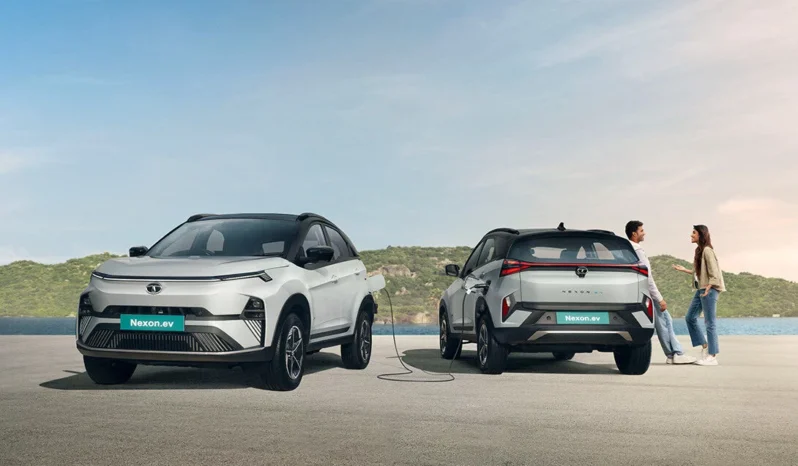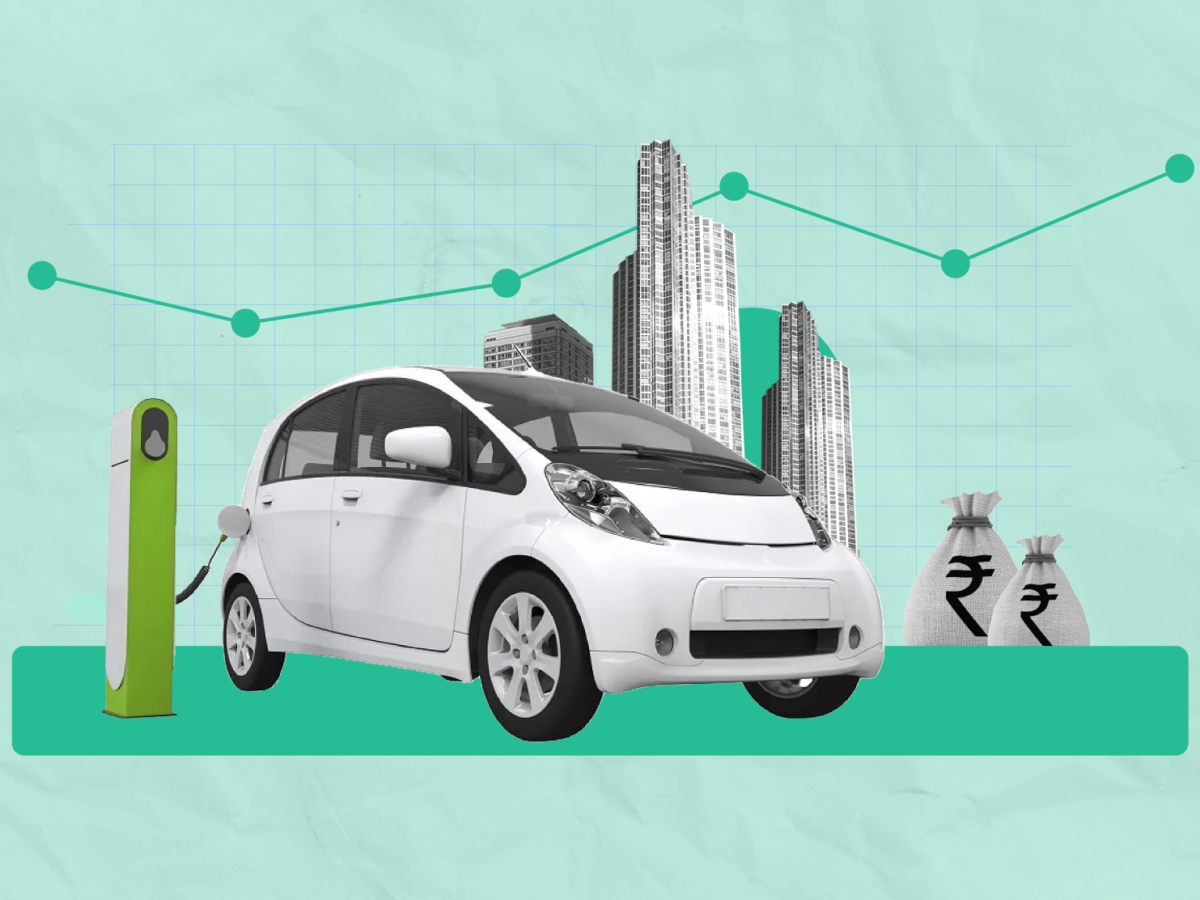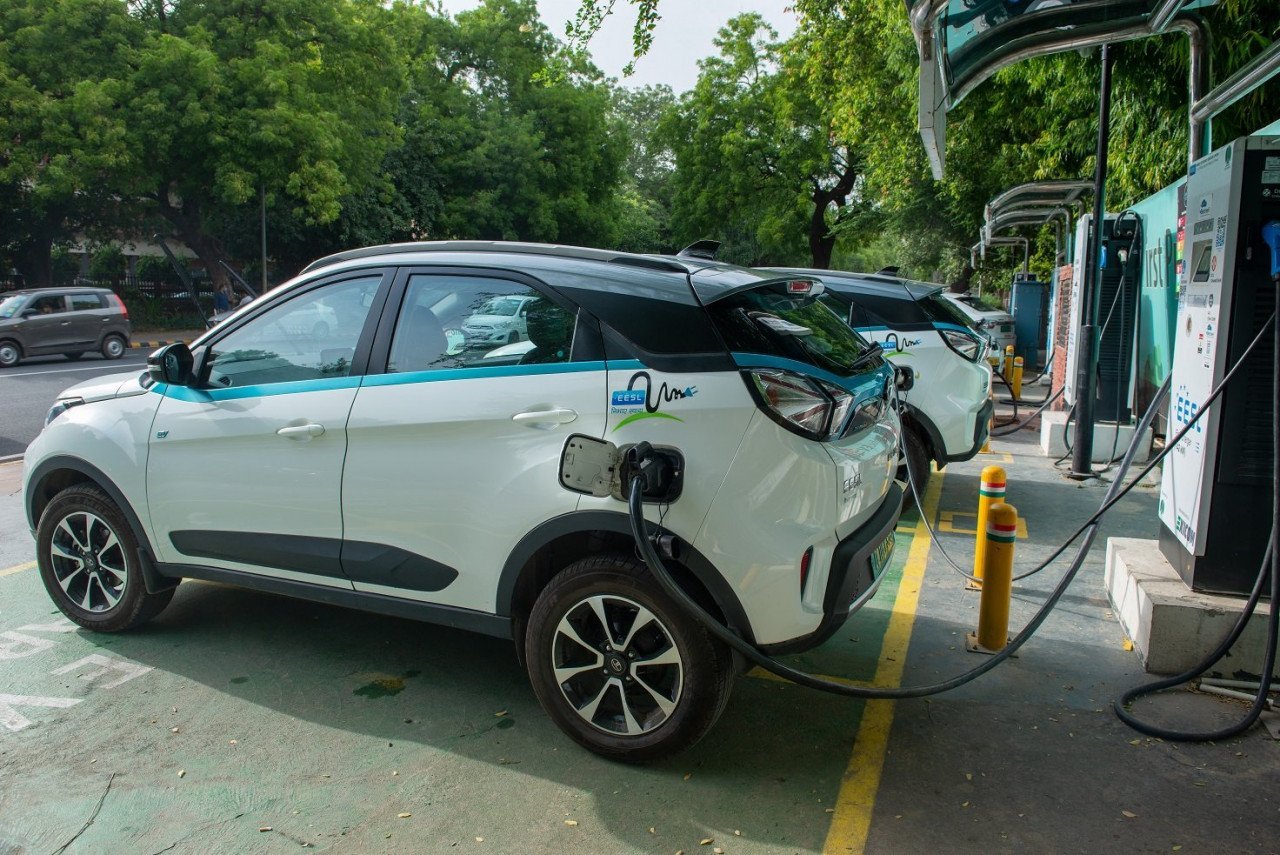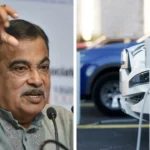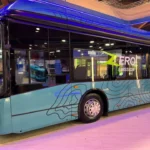India is at a stage of significant shift in regard to the adoption of electric vehicles. The Government is proactive in policy making, consumer’s interest is increasing, and the EV market is expanding. Also, there are plenty of milestones that India needs to cross before more EV cars can go mainstream.
Key Highlights
- Indian Government aspires to make 30% of new car sales electric by 2030.
- Electric Mobility Promotion Scheme is launched with a budget of ₹5 billion.
- According to March 2024, 16,347 public charging stations have been established.
Government Initiatives and Policies
The Indian government has also made an announcement that it aspires to make 30% of new car sales electric by 2030. The government has also provided financial incentives to consumers and manufacturing under the Faster Adoption and Manufacturing of Hybrid and Electric Vehicles scheme. Apart from this, the government also launched the Electric Mobility Promotion Scheme 2024 with an estimated outlay of ₹5 billion.
“The future of mobility is electric, and the government promise to step into a sustainable automotive ecosystem”, according to Road Transport and Highways Minister Nitin Gadkari.
Acceptance of EVs by Consumers
The Indian EV market has shown tremendous growth. Sales rose by 157% from 2022 to 2023 and have crossed sales of 1.6 million units from June 2023 to May 2024. Such growth suggests consumers are increasingly accepting the electric vehicle, because consumers are becoming environment conscious.
Problems in Charging Stations
India’s charging infrastructure is still underdeveloped as compared to other other countries. According to march 2024, 16,347 public charging stations have been established. Which is way too low to develop the infrastructure needed for mass adoption of EV.
According to Tata Motors’ Chief Executive Rajesh Goyal: “With our new line-up of electric vehicles, we are not just selling cars; we are selling a vision for a cleaner future,” he summarizes the industry’s shift towards electrification.
Environmental Impact
There is a huge latent for environmental benefits in moving towards EV, carbon diminution and cleaner air quality. In India, the government has pledged to reduce its carbon emissions by 45% till 2030. The industry of electric vehicles also possesses great economic opportunities, based on manufacturing and developing infrastructure jobs.
ELCTRIK Speaks
While India keeps moving closer to becoming an electric vehicle hub, it’s also clear that more and fast development is in need to overcome existing challenges. As the innovations by industry leaders and changes in government policies prevail, India is likely to see a promising yet cautious way into an EV future.

